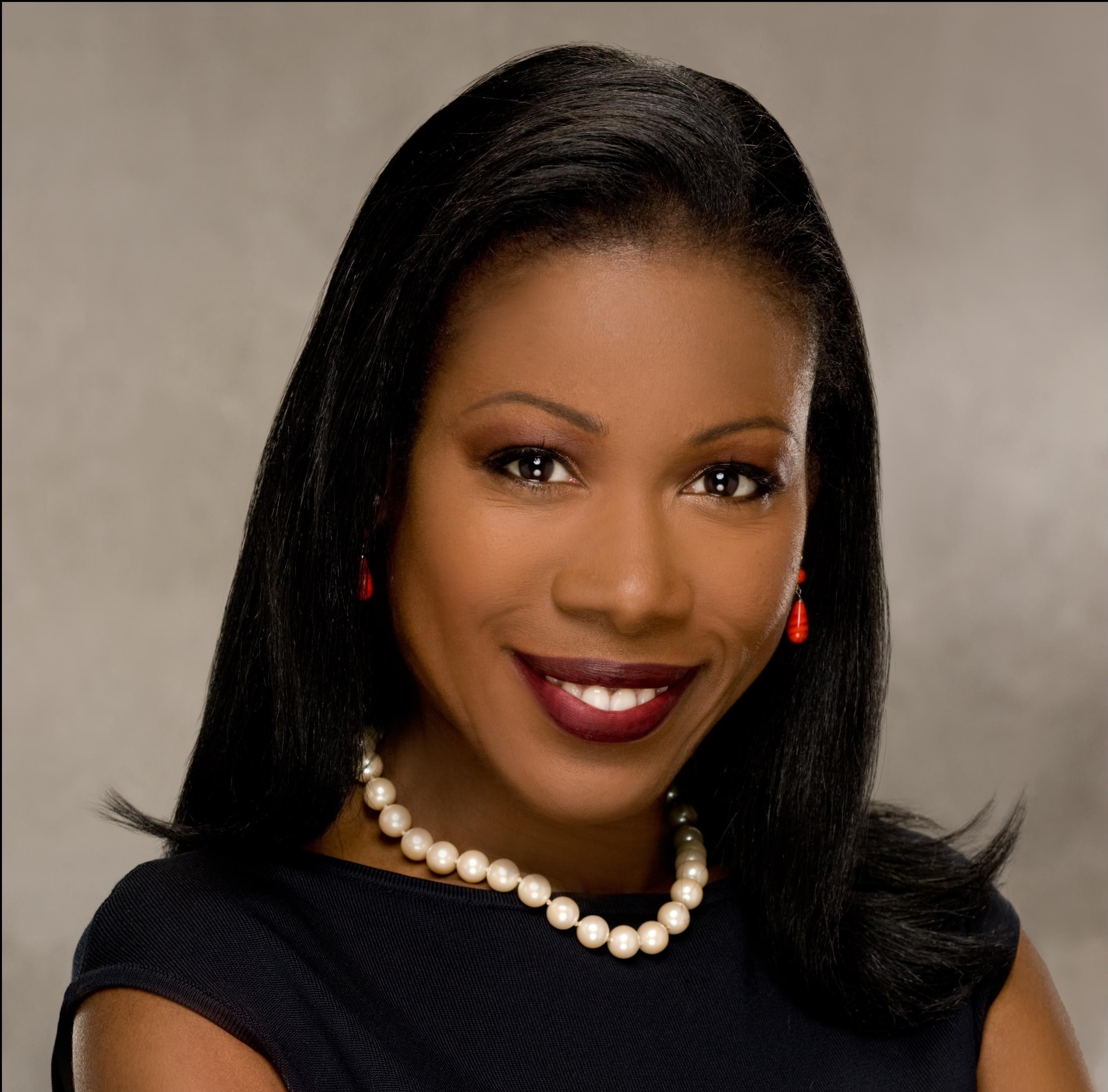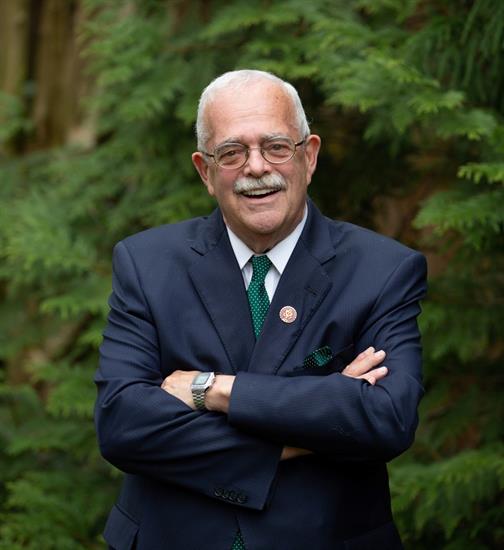My Evening with Isabel Wilkerson
by Jennifer Roberts
To say that I am a fan of Isabel Wilkerson is an understatement. In my opinion, she is one of the most important voices of the 21st century. Her writing is unparalleled, and her research is painstaking. So, when my sister invited me to hear her speak in Richmond, Virginia at an event sponsored by the Richmond Forum last weekend, my immediate answer, was “Yes.”
Two years ago, when I read “The Warmth of Other Suns,” her first offering, I was so captivated by the characters and their lives, I didn’t want the book to end. This book is the culmination of 15 years of research, traveling and writing. It follows the stories of three real people Ida Mae Gladney, George Swanson Starling and Robert Pershing Foster who were part of the Great Migration, a period spanning more than 40 years, in which six million Black people fled the Jim Crown south, heading north along three tracks (West, Midwest and East) in search of equity and equality. I listened to the audio book over several weeks and by the book’s end, I felt like I knew each one of the protagonists. Wilkerson’s extensive research and attention to detail were not lost on me.
The Richmond Forum is a subscription based 501 (c)(3)educational organization, based in Richmond, Virginia that produces five programs annually featuring thought leaders from around the country. This past week’s evening with Isabel Wilkerson closed out the 2023 season in grand fashion. Wilkerson’s talk centered around how the Great Migration influenced America.
The evening began with a cocktail reception followed by dinner. During the dinner Ms. Wilkerson gave brief remarks expressing that she was glad to be in Richmond and was looking forward to sharing later in the evening. After dinner, we were transported by motor coach to Richmond’s Altria Theatre for the program.
After several musical selections by the band, Mojo Parker, and an introduction by the Richmond Forum’s executive director, Heather Mullins Crislip, Ms. Wilkerson took the stage. Immediately, I was enchanted by her beauty and her poise. She appeared just in person exactly how I’d seen her in interviews on television and online with the likes of Oprah Winfrey and John Stewart. I knew that I was in a for an evening that I would never forget because I had read both of her books, “The Warmth of Other Suns” and “Caste: The Origins of Our Discontents.” She wore a beautiful fuchsia dress, her signature, large pearl necklace and the most beautiful smile. She spoke from the podium to an audience of more than 3,000 audience members, for at least an hour about how her parents had been part of the Great Migration with her Dad hailing from Petersburg, Virginia and her mother from Rome, Georgia. The two met and settled in Washington, D.C. Wilkerson’s father served in World War II as a Tuskegee airman but was denied access to being a pilot after the war ended because of racism. Wilkerson shared that her father went back to school to become a civil engineer and built bridges. “I am literally the daughter of a bridge builder,” she remarked.
Wilkerson, a graduate of Howard University, is both regal and approachable, serious with a sense of humor. She carefully and patiently shared with the audience about the necessity and the anguish migration. “Migration is not about geography; it’s about freedom. It is seeking political asylum in one’s own country. African Americans are the only group of Americans that had to move in their own country to have political freedom.”
With the attention of a skilled artist, the former Chicago Bureau Chief for the New York Time, explained what it is was like to be a Black person in the Jim Crow South including the invisible shackles that chained Black people to the lowest caste. “It was against the law for a Black person and a White person to play checkers in public.” During one part of her speech, she asked the question, “In the last month, how many of you have passed another car while driving?” Some hands went up while some did not. She then shared that it is impossible to drive safely without passing cars. She used this common example before sharing that in the Jim Crow south, it was illegal for a Black motorist to pass a White motorist. The Black person had to stay behind the White person which further cementing the message “Stay in your place.”
Wilkerson talked about how the Great Migration showed the “power of an individual decision.” In “The Warmth of Other Suns” she invited readers to imagine what it would have been like for the people and to ask themselves what they would have done if they were in the character’s situations. “The people should not have had to go…should not have had to make the heart-breaking decision to leave.” She also talked about older family members who were left behind as younger family members made the decision to leave. “Migration is throughout history a young person’s endeavor. Migration is someone leaving and someone staying. It involved the separating of the family system…The people who raised them were often left behind. The young person had to grapple with the real possibility that they may never see them again.”
I sat in my seat spellbound by the words coming out of this powerhouse’s mouth and heart. Being in the room with Isabel Wilkerson must be what people who had the privilege of hearing Maya Angelou, Toni Morrison or James Baldwin speak must have experienced. Toward the end of her talk, Wilkerson spoke about the rejection that Black people experienced in the North after fleeing the South. ”The North did not particularly want Black people; they needed labor which came in the form of Black bodies. As more Black people came, racist laws such as redlining became more prevalent.” As much as Black people hoped that they had escaped persecution, they soon realized that they had exchanged an overt racism for one that was more covert but just as lethal. In “The Warmth of Other Suns,” Robert Joseph Pershing Foster traveled thousands of miles heading toward Los Angeles, California.
Along his journey, he experienced the sting of racism repeatedly. In several experiences, he was refused service at several motels because he was Black. In a conversation with a stranger at a gas station who observed Fosters’ defeated countenance, Foster shared, “I came all this way to run from Jim Crow, and it slaps me straight in the face,” Robert said. “And just think, I told my friends, why did they stay in the South and take the crumbs? “Come to California.”
The man listened with the helplessness of the well-intentioned and tried to cheer him up.
“Come on, let me get you a cup of coffee. Where are you going anyway?”
“Los Angeles.”
“Well, I went to USC, and I hate to disappoint you, but Los Angeles ain’t the oasis you think it is.”
Robert was feeling sick now. It was too late to turn back, and who knew what he was getting into? The man told him to gear himself up. The man didn’t use the term, and nobody had bothered to tell Robert ahead of time, but some colored people who had made the journey called it “James” Crow in California.”
“You will see it, and it’ll hit where it hurts,” the man said.”
As Wilkerson came to the end of her talk, she invited the audience to consider the incalculable cost of Black people being denied the opportunity to “live out the talents and strengths that were within them. These people were denied their God-given right to pursue their purpose.”
The second part of the program was a question-and-answer session with Ms. Wilkerson and moderator, Shakia Gullette Warren, Executive Director of Richmond’s Black History Museum & Cultural Center. Earlier in the evening, audience members were invited to submit questions for consideration using Slido, a Q & A and polling platform. After the brief Q & A period, we boarded the motor coaches to return to the hotel. Due to some of the buses leaving without being filled, my sister and I along with at least 10 other guests were stranded in the cold at the Altria Theatre until a bus returned to retrieve us making us later for the dessert reception. Thankfully, Ms. Wilkerson was still there.
My sister and I got into what was almost a non-existent line to take a picture with Ms. Wilkerson. With my copy of “The Warmth of Other Suns” in hand, I walked toward her. Before the camera flashed, I had the once in a lifetime opportunity to look her in the eye and tell her “Thank you.” She clasped her hands in gratitude, and we posed for our picture. Being able to share time and space with a luminary who I deeply revere was, for me, a warm moment in the sun. It was an evening that I will never forget.
(Jennifer Roberts is a Prince William County resident and founder of Conversations in the Community.)



